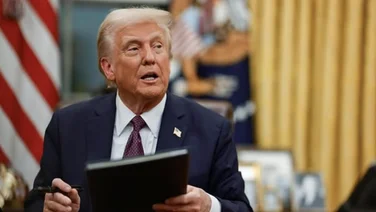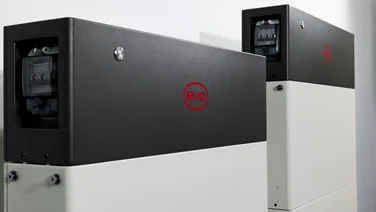- UK economy could by more than £5 billion by 2035, report claims
- Solar Energy UK says benefits to be felt across economy
- Achieving 90 gigawatts in ten years could create more than 40,000 jobs

The UK economy could grow by as much as £5.1 billion by 2035 if the government meets its solar power and battery storage targets, with an extra 40,000 jobs also being created, according to a new report from Solar Energy UK.
Released at the annual Solar and Storage Live event in London, the report, titled ‘The Economic Impact of Solar and Battery Storage’, claimed that ramping up capacity will boost the finances of rural communities through the building of more solar farms, as well as give homeowners the chance to cut bills through solar panels.
Together, the solar and battery storage sectors are estimated to have added £1.9 billion in gross added value (GVA) to the economy last year and accounted for about 20,000 jobs.
Additionally, those jobs are believed to have added £90,000 in GVA on average, which is 40% higher than the UK average.
Solar Energy UK’s chief executive Chris Hewett recently took part in The Eco Experts’ Positive Energy podcast
The report estimated that the UK’s solar generation capacity will rise from 20 gigawatts to 90 gigawatts by 2025, surpassing the current government target of 70 gigawatts by 2035 and 60 gigawatts by 2030.
On current projections, the solar and battery storage industries will more than triple their combined contribution to the UK economy by 2035, provided the country does achieve its solar targets of 90 gigawatts.
Should that happen, the solar sector will be worth £3.5 billion and battery storage £1.6 billion, contributing 28,700 and 13,900 jobs respectively.
Graeme Blackett, Managing Director of BiGGAR Economics, who led the research, said the solar and storage sectors are having a “substantial and growing impact on the UK economy”.

Get free solar panel quotes
Answer a few quick questions, and our trusted installers will send you bespoke solar panel quotes – for free.
Blackett also claimed that the sectors will have a “diverse impact” across the economy, including construction, engineering and maintenance.
The expansion of solar farms is already helping the rural economy, helping to keep some “hard-pressed farms in business” with payments to them estimated to be “well over £300 million by 2035, according to the report.
Gemma Grimes, director of policy and delivery at Solar Energy UK, described the solar and battery storage sectors are “already a significant economic player” and predicted they will provide a “massive economic stimulus” within the next 10 years.






